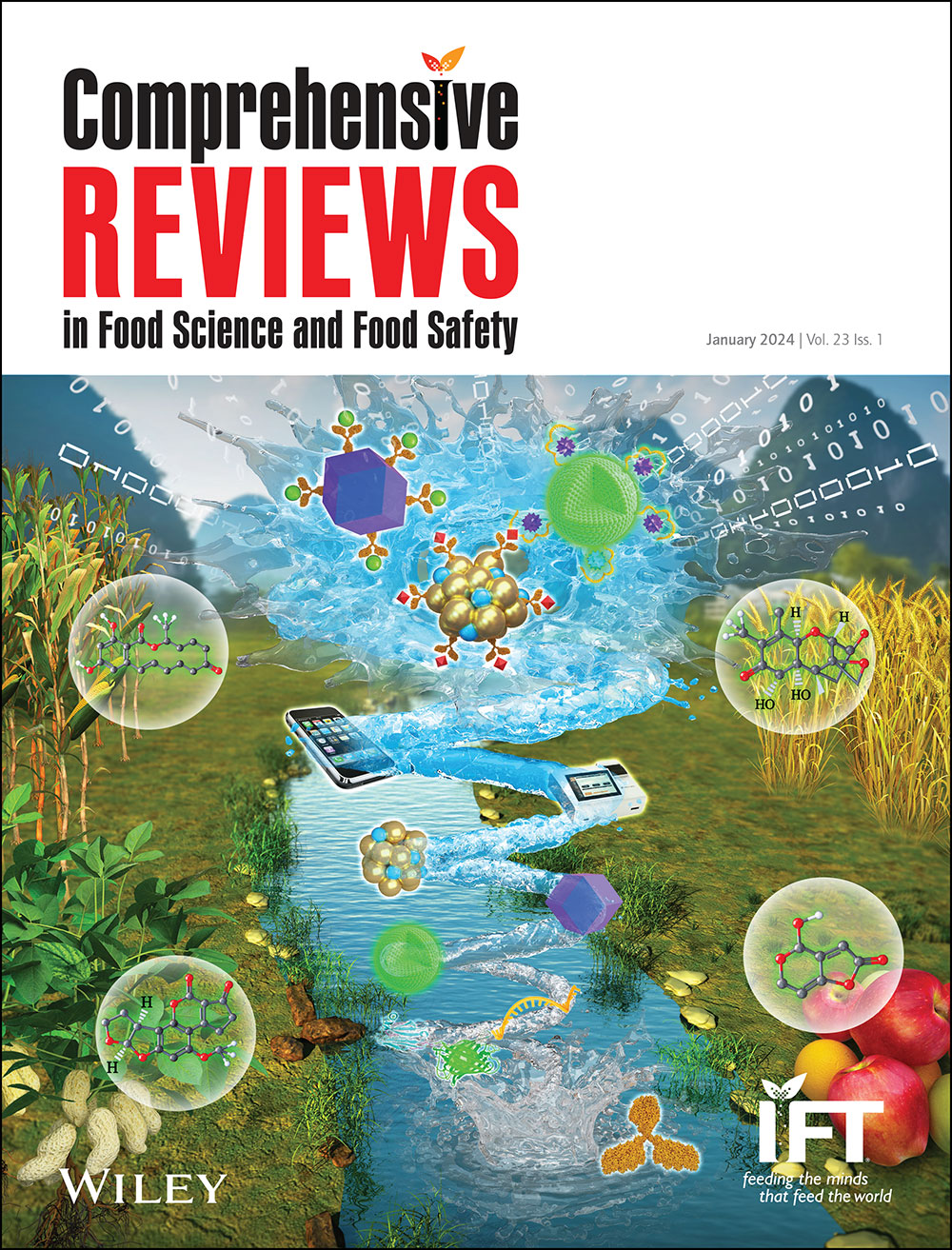Functionalized Gelatin-Based Materials: Advancing Bio-Fabrication Applications for Cell-Cultured Meat
Abstract
Cell-cultured meat is an essential alternative source of animal meat. In in vitro cell culture, extracellular matrix (ECM) proteins are commonly used for cell adhesion and proliferation. However, using pure ECM proteins is challenging regarding cost-effectiveness and quality control. Gelatin has great potential to replace ECM proteins, but optimizing its performance to better mimic the real meat's structure and taste remains unclear. This review explores the potential application of cell-cultured meat using gelatin-based biomaterial instead of traditional ECM proteins. Functionalization strategies are employed to modulate the physical and biological properties of gelatin, enabling it to better match the structural and functional requirements of the ECM. In addition, the cell-cultured meat biomanufacturing process based on functionalized gelatin-based materials is reviewed, including module assembly, 3D or 4D bioprinting technologies. The positive effects of functional scaffolds on the quality changes in cultured meat are also briefly described. Gelatin-based scaffolds with excellent physical and biological properties provide sufficient mechanical support and create biomimetic environments, closely mimicking natural tissues. This makes them suitable for designing high-quality cultured meat. By addressing future challenges and promoting advanced technologies, the full potential of gelatin-based biomaterials can be realized and propelled to the forefront of innovative applications in cellular agriculture.


 求助内容:
求助内容: 应助结果提醒方式:
应助结果提醒方式:


